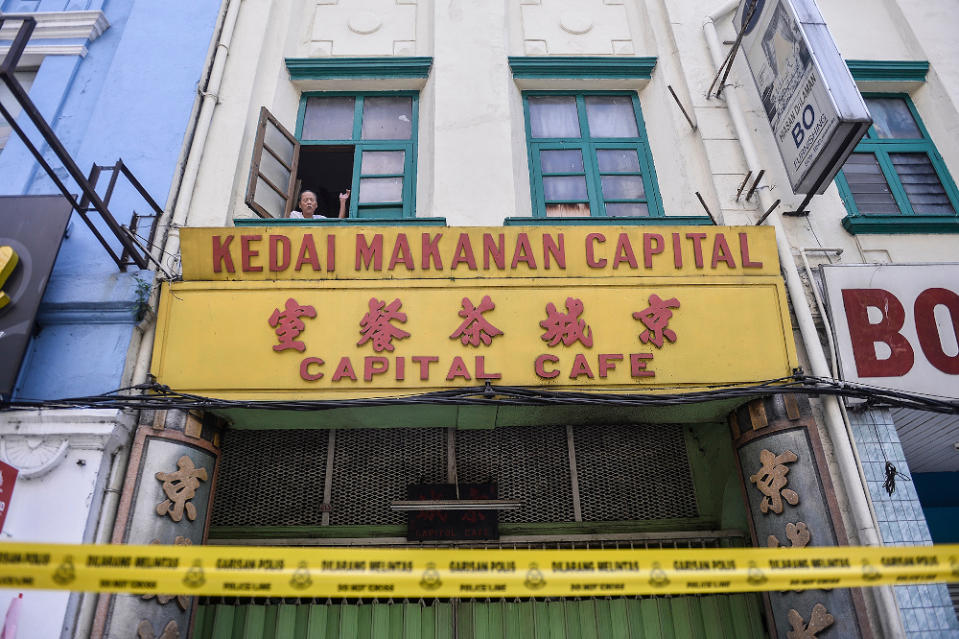Coffeeshops want Putrajaya to clarify if they’re allowed to fully operate as well

KUALA LUMPUR, April 29 — The Malaysia Singapore Coffee Shop Proprietors’ General Association (MSCSPGA) urged Putrajaya today to clarify whether eateries, including coffeeshop operators, are also allowed to operate with full capacity with no time restrictions during the fourth phase of the movement control order (MCO)
Datuk Hu Su Mong, the president of the association that represents some 20,000 coffeeshop operators nationwide, said the announcement would be critical for the survival of many businesses as well as safeguarding the economy at large.
“However, this announcement is unclear if eateries in general, including coffeeshops, can operate at full capacity and without time restrictions,” he said in a statement.
Hu said this is because most states have different restrictions for operating hours for all businesses.
“It is unclear how the latest announcement would be synchronised with the decisions on operating hours fixed by the different state governments,” he added.
This came after the Ministry of International Trade and Industry (Miti) yesterday announced that the approved sectors are allowed to operate at full capacity and with no time restrictions during MCO to tackle the current economic crisis.
Hu also pointed out that MCSCPGA, earlier this week, had urged the government to allow flexible eating hours for eateries and also suggested “one customer per table” rule.
“We continue to urge the government to consider our suggestion to allow customers to dine-in based on ‘one customer per table’ rule.
“The coffeeshop businesses have seen a significant impact since the MCO was enforced. While takeaways and deliveries are allowed, there are less customers,” he explained.
“This suggestion of having one customer per table rule practices social distancing with no close physical contact while at the same time helps to mitigate impact to eateries businesses,” he added.
Hu also said that coffeeshop operators have been deprived of income following the disruption on the supplies of beer and cigarettes, which is among the important retail products in the coffeeshops.
“Worst is the illegal operators taking advantage of the situation where smuggled cigarettes are sold online and delivered to customers who are unable to obtain the products from coffeeshop operators.
“This is because there is a current disruption of supplies of legitimate cigarettes in the market. We hope the government will allow distribution operations of legitimate cigarettes and beers to coffeeshops which will help to mitigate the impact to coffeeshop businesses and at the same time contributes billions of taxes to the government,” he said.
With MCO’s period is uncertain, Hu urge the government to consider their suggestion as he believes the economy will impacted as there is no flexibility for businesses during this difficult time.
Related Articles War-torn Yemen reports first virus deaths stoking fears Ismail Sabri orders local councils to allow Miti-authorised companies to resume full operations UK PM Johnson holds Cabinet meeting amid questions over country's coronavirus response


